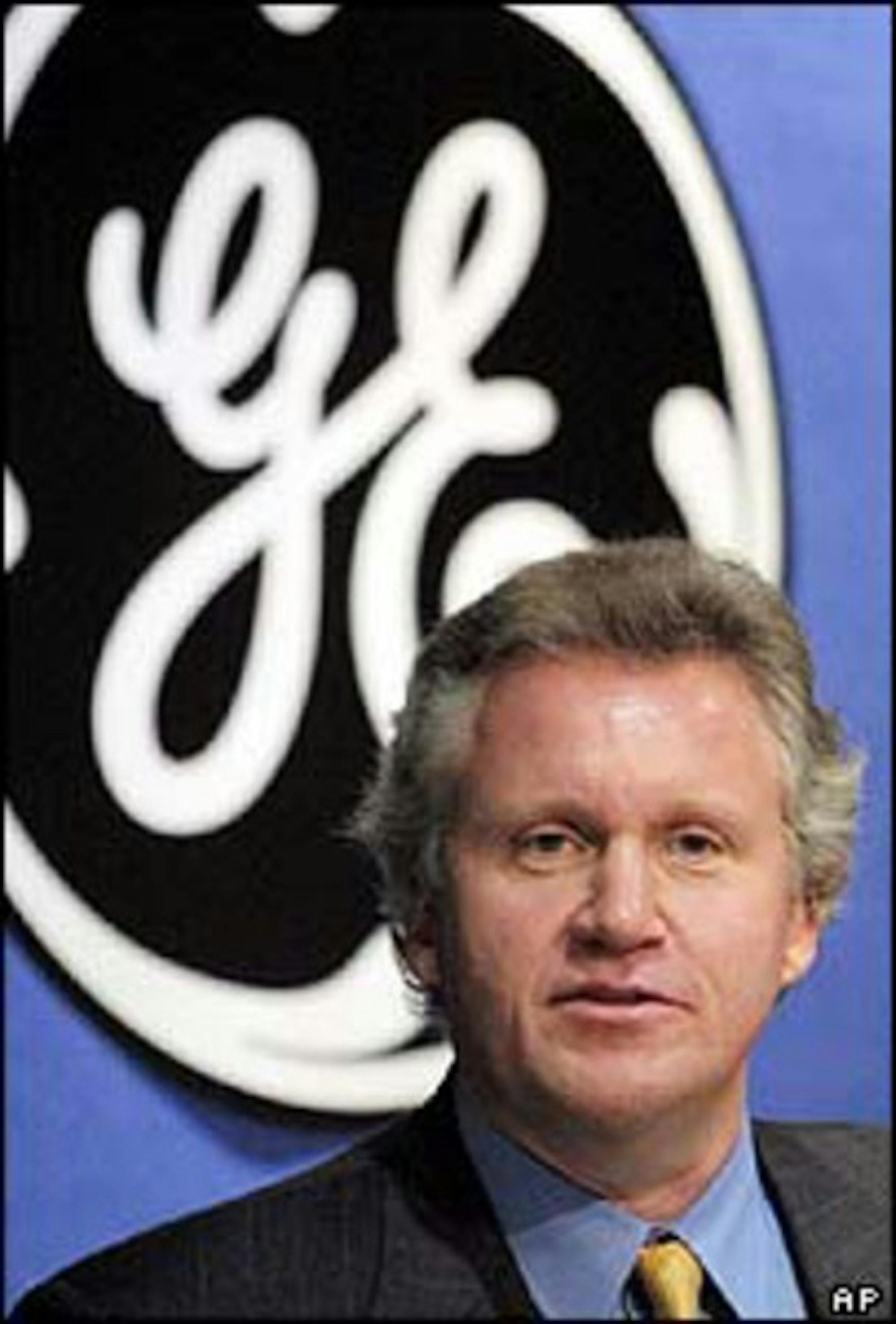"There's a lot of money to be made here," Immelt said. "It doesn't make me afraid or scared. There's a tidal wave coming, and you either get ahead of it or you get crushed."
Too often, radical environmentalists and corporations opposed to all forms of regulation have fought about environmental protection rather than cooperating, Immelt said. "Green is green," he added, and companies like GE can make money and improve the environment at the same time by developing new technology.
Immelt emphasized that he is a businessman, not an environmentalist. From a business standpoint, he said, GE stands to make billions of dollars from green technology.
"The closest I come to nature is playing golf," he said. "I have zero ideological bent on this issue."
GE is well positioned to take advantage of the current green technology boom, Immelt said, after the 2005 launch of its Ecoimagination initiative.
The program aimed to double research and development spending on green technology and reduce the corporation's carbon footprint to Kyoto Protocol levels. Immelt said he was originally worried that Ecoimagination might appear "phony and too soft."
"We did not want this to be about corporate social responsibility," he said. "[We] wanted it to be about making money for our investors."
Ecoimagination far surpassed GE's goals, according to Immelt. GE thought it would cost $100 million to reduce its carbon footprint, but instead the company saved $100 million in energy costs. GE hopes to increase research and development spending by another one to two billion, he said.
Through Ecoimagination, GE has become a national leader in renewable energy, Immelt said. Wind energy is now largely cost-competitive with coal and natural gas, according to Immelt, and GE is investing $8 billion in wind projects.
"My favorite project is Cape Wind," he said. "All the fat cats in Martha's Vineyard who claim they're environmentalists have to look out the window."
Nuclear power is probably the cheapest, greenest and safest power source, Immelt said. Without government intervention, though, nuclear power generation will likely decline during the next decade because of high construction and insurance costs, Immelt predicted. No energy company wants to be the first to assume the risk of building a nuclear power plant, he added.
"The most profitable power plants [in the long term] are nuclear," Immelt said. "The one thing they have in common is that all the CEOs who started them got fired."
Immelt also advocated a nationwide carbon cap and trade system in addition to longer-term green technology tax subsidies. Such regulation is inevitable, Immelt said. The construction of 59 coal plants has already been cancelled because of fears of government regulation, he added. The United States government should institute environmental regulations now, so that companies which currently face regulatory uncertainty can plan for the future, he said.
"The Wall Street Journal hates all this stuff." Immelt said. "They claim global warming's a hoax ... I have to deal with this regulation at work every day. You can't afford to be ideological."
America can solve its environmental problems through new technology, Immelt said. Environmentalists can be bleak, he said, but it is important to remain optimistic.
"If I go to the office tomorrow and say, 'It's horrible, we're all dead,' that's a bad day for a lot of people," Immelt said. "A competitive country is a confident country. If we're going to do it, we're going to do it together."




